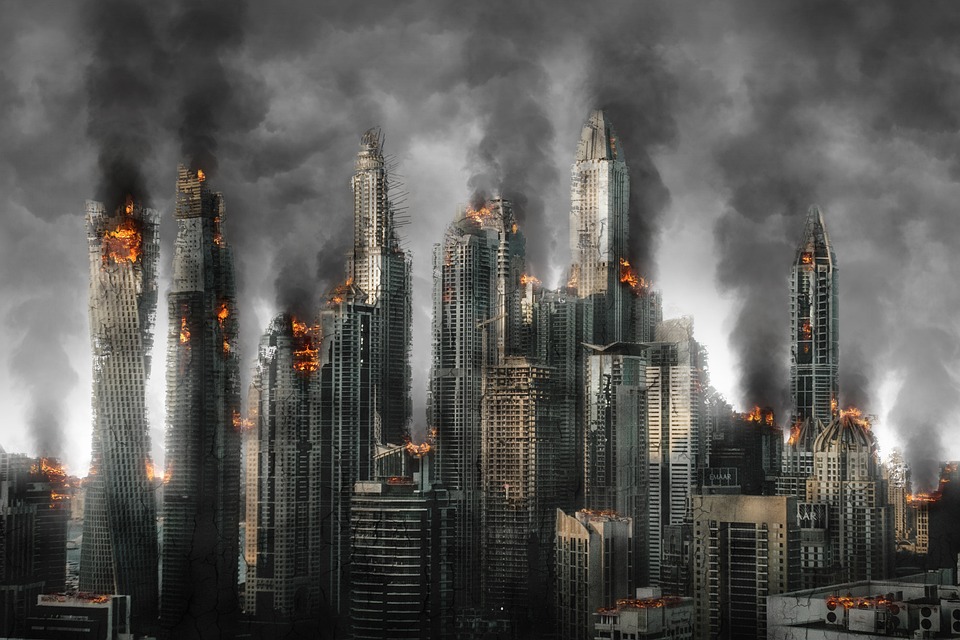Introduction
War crimes and human rights violations have been a dark stain on human history, as conflicts and power struggles have resulted in widespread atrocities committed against innocent civilians. From genocide to torture, these violations have caused immeasurable suffering and devastation across the globe. In this article, we will explore war crimes and human rights violations from a global perspective, examining the various forms they can take and the impact they have on individuals and societies.
War Crimes
War crimes are violations of the laws of war, which are intended to protect civilians and combatants during armed conflicts. These crimes can include acts such as targeting civilians, using chemical weapons, and committing acts of torture. War crimes are considered one of the most heinous acts that can be committed during times of conflict, as they violate the basic principles of humanity and decency.
Examples of War Crimes
Some of the most notorious examples of war crimes in modern history include the Holocaust during World War II, the genocide in Rwanda in the 1990s, and the atrocities committed during the Syrian civil war. These events have shocked the world and highlighted the devastating consequences of unchecked violence and hatred.
Human Rights Violations
Human rights violations are actions that infringe upon the basic rights and freedoms of individuals, including the right to life, liberty, and dignity. These violations can occur in times of peace or conflict, and can take many forms, including discrimination, torture, and forced displacement. Human rights violations are a pervasive issue that affects millions of people around the world, often with devastating consequences.
Impact of Human Rights Violations
Human rights violations can have far-reaching impacts on individuals and communities, causing physical, psychological, and emotional harm. In addition to the immediate effects on victims, these violations can also have long-term consequences, such as intergenerational trauma and social instability. The denial of basic rights and freedoms can result in a cycle of violence and oppression that perpetuates suffering and injustice.
The International Response
The international community has recognized the importance of addressing war crimes and human rights violations, and has taken steps to hold perpetrators accountable and provide support to victims. Organizations such as the United Nations and the International Criminal Court play a key role in investigating and prosecuting those responsible for these crimes, and in promoting human rights around the world. Despite these efforts, challenges remain in ensuring justice and accountability for all victims of war crimes and human rights violations.
Challenges and Solutions
One of the main challenges in addressing war crimes and human rights violations is the lack of political will and cooperation among countries. Many perpetrators of these crimes remain in power or are shielded from accountability by powerful allies. In addition, legal mechanisms for prosecuting war crimes and human rights violations are often slow and complex, making it difficult to bring perpetrators to justice.
To address these challenges, it is essential for the international community to work together to ensure that perpetrators are held accountable for their actions. This can involve diplomatic pressure, targeted sanctions, and support for international justice mechanisms. It is also important to provide support and assistance to victims of war crimes and human rights violations, including access to justice, reparations, and psychosocial support.
Conclusion
War crimes and human rights violations continue to plague societies around the world, causing untold suffering and devastation. From genocide to torture, these atrocities violate the basic principles of humanity and decency, and have far-reaching impacts on individuals and communities. The international community must work together to hold perpetrators accountable and provide support to victims, in order to promote justice and uphold human rights for all.
In conclusion, addressing war crimes and human rights violations requires a concerted effort from governments, organizations, and individuals to ensure that justice is served and victims are supported. By acknowledging the pervasiveness of these crimes and working together to prevent and address them, we can create a more just and peaceful world for all.


